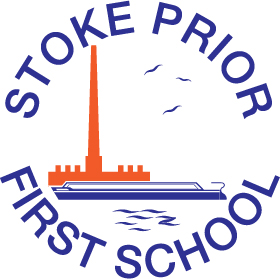Year 4
Welcome to Summer Term in Year 4!
Hello from the Year 4 team!
Mr Gregory & Miss Jacobs (TA)
Year 4 School and Eco Councillors
Year 4 School Councillors
Year 4 Eco Councillors
Please use the headings below to see what we are learning about this term in Year 4.
English
This term, in English, we are studying the following texts:

The Journey by Francesca Sanna Manfish by Jennifer Berne
Children will be writing narratives for both texts, a diary and a biography.
Terminology for pupils: determiner, pronoun, possessive pronoun, adverbial
Maths
We use White Rose Maths. Below you can see the small steps we will be learning in the Summer term. Each small step usually represents one lesson. However, sometimes we may take a few extra lessons to learn and consolidate some of these maths skills.
Our maths focus areas this term are: Decimals, Money, Time, Geometry

Guided Reading
We have three Guided Reading lessons every week. These are the texts we are reading this term:
| Text 1 | Text 2 |
| Skygazing | The Lion, the witch and the wardrobe |
| Invention & Innovation | Other Worlds |
| Non-Fiction | Fiction |
Science
In Science during the first half term we will be learning about Electricty and Circuits, where we will learn to:
- Recall a range of electrical appliances, classify them as mains or battery-powered and explain why.
- Explain how to test if a circuit works and identify when simple electric circuits will work.
- Identify symbols for open and closed switches and give examples of how switches are useful.
- Predict whether a circuit will work based on whether the switch is open or closed and explain that it works by breaking and completing a circuit.
- Describe that a material is a good electrical conductor when it is added to an electric circuit and the bulb lights and that a material is a good electrical insulator when it is added to an electric circuit and the bulb does not light.
- Recall that metals, for example, are good electrical conductors and plastics, for example, are good electrical insulators.
- Describe that the more bulbs added to a series circuit, the dimmer the bulbs will be and explain that they will be dimmer when more are added to a circuit, as less energy is transferred to each of them.
- Describe precautions for working safely with electricity and explain some precautions using knowledge of circuit diagrams, electrical components, conductors or insulators.
- Draw a results table and record a range of appliances under the correct headings ‘Mains’ or ‘Batteries’.
- Identify and draw simplified electric circuit symbols and use these to draw a simplified circuit diagram.
- Write a method for the investigation that considers appropriate equipment, orders clearly written steps and considers safety.
- Pose questions relating to bulbs in an electrical circuit.
- Explain why a selected question is testable.
- Suggest that new inventions will change safety advice.
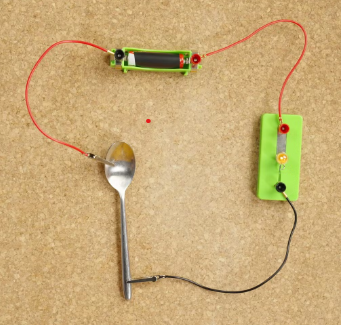
In Science during the second half term we will be learning about How does the flow of liquids compare? where we will learn to:
- Recall key knowledge from previous units.
- Apply knowledge in new contexts.
- Carry out a full scientific enquiry.
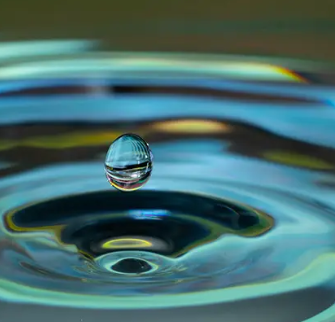
Computing
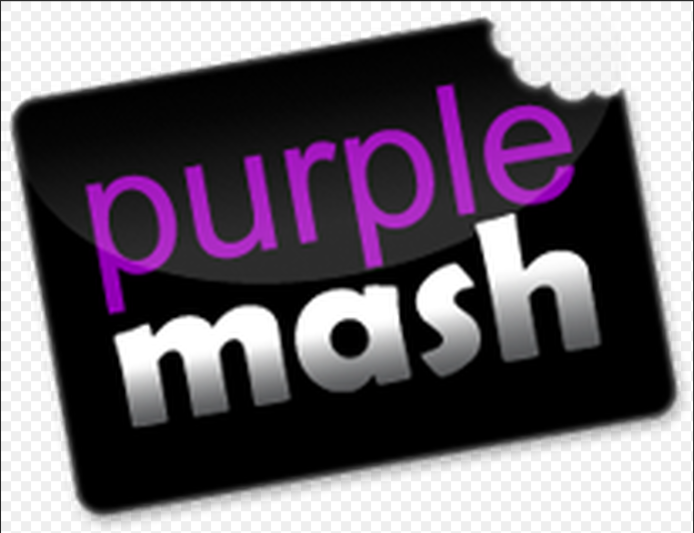 In computing this term we are learning about animation and spreadsheets. We use Purple Mash to help us learn about computing. You will find your login details in the back of your reading diary. https://www.purplemash.com/
In computing this term we are learning about animation and spreadsheets. We use Purple Mash to help us learn about computing. You will find your login details in the back of your reading diary. https://www.purplemash.com/
History/Geography
How have children's lives changed?
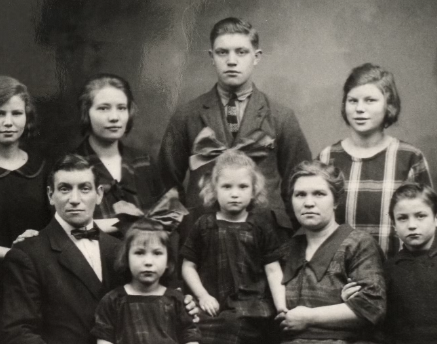
In our Summer 1 history topic we will learn to:
- Make inferences and deductions from primary and secondary sources.
- Explain why children needed to work.
- Identify the jobs Tudor and Victorian children had.
- Describe the working conditions of Tudor and Victorian children.
- Identify how Lord Shaftesbury changed the lives of children and evaluate the impact of his work.
- Use sources to identify leisure activities and compare them over time.
- Identify diseases past children suffered from and discuss how effective the treatments were.
Where does our food come from?
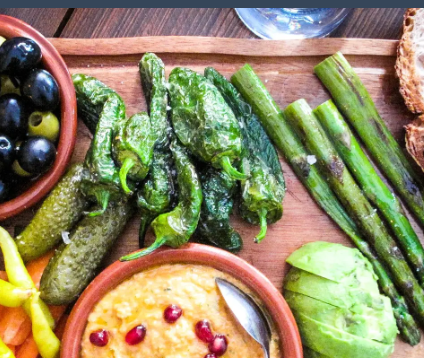
In our Summer 2 geography topic we will learn to:
- Identify that different foods grow in different biomes and say why.
- Explain which food has the most significant negative impact on the environment.
- Consider a change people can make to reduce the negative impact of food production.
- Describe the intentions around trading responsibly.
- Explain that food imports can be both helpful and harmful.
- Describe the journey of a cocoa bean.
- Locate countries on a blank world map using an atlas.
- Use a scale bar correctly to measure approximate distances.
- Collect data through an interview process.
- Analyse interview responses to answer an enquiry question.
- Discuss any trends in data collected.
Art/DT
In DT we are learning about textiles - fastenings. We will learn to:
- Identify the features, benefits and disadvantages of a range of fastening types.
- Write design criteria and design a sleeve that satisfies the criteria.
- Make a template for their book sleeve.
- Assemble their case using any stitch they are comfortable with.

In Art we are exploring drawing and painting line, texture and form in the style of Giacometti & Kenneth Potts
Music
For our music lessons in Year 4, we learn to play a musical instrument and have a specialist music teacher from Severn Arts come in every week to teach us through the FAME programme.
In Summer term we learn to play the flute. Each child will be allocated their own flute, which they will bring home to practice on. These need to be bought into school every Monday!
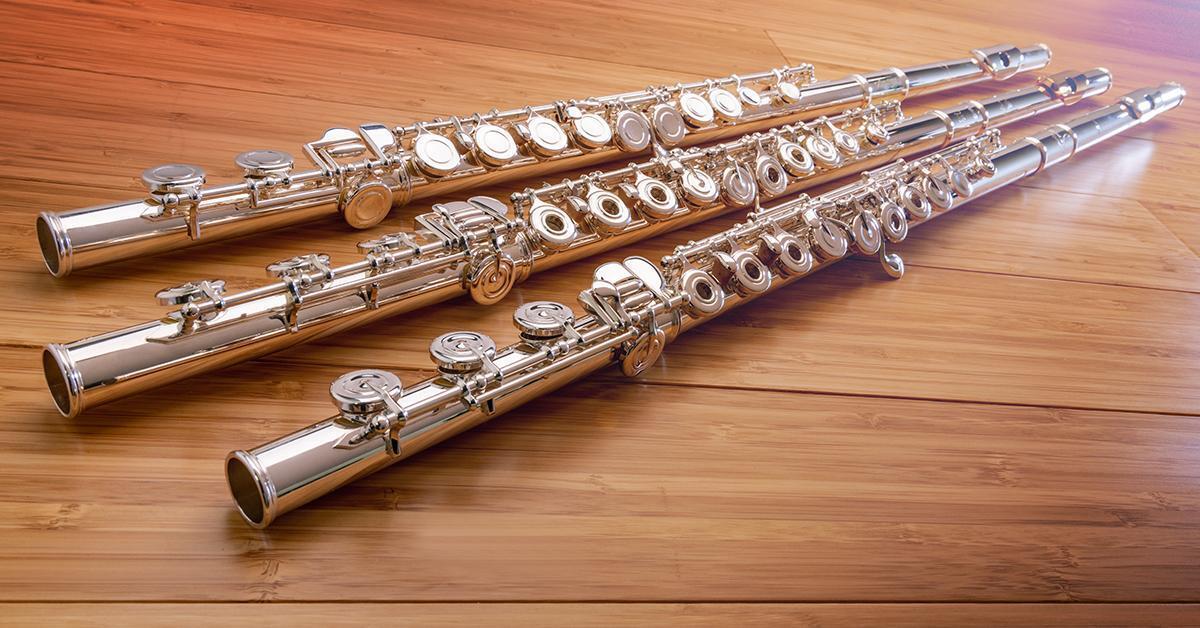
PE
In PE this term we are learning the following, from our Get Set for PE scheme:
Cricket:
- underarm and overarm throwing, overarm bowling, batting, two handed pick up, short barrier
Tennis
- throwing, catching, forehand, backhand, rallying
Rounders
- underam and overarm throw, catch, bowl, track a ball, field and retrieve, bat
Golf
- balance, co-ordination, striking
OAA - Residential to Bellheath
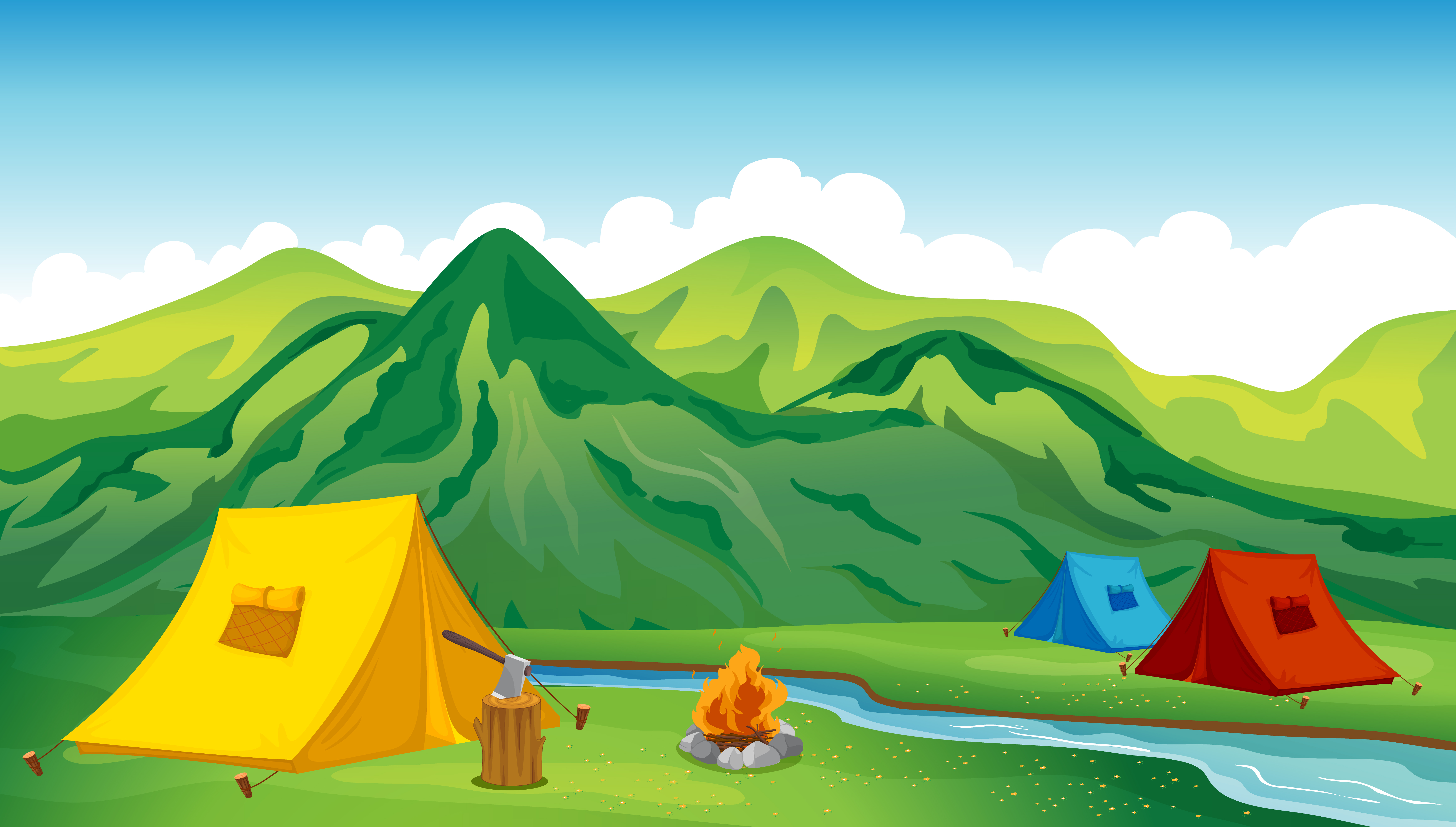
RE
We follow the Worcestershire Agreed Syllabus for RE.
Our two key questions this term are:
- For Christians, when Jesus left, what was the impact of Pentecost?
- How and why do people mark the significant events of life?
PSHE
In PSHE we are learning about:
- Economic Wellbeing
- Transition to Middle School
MFL (French)
Enhanced Curriculum
LOTC
Year 4 have learning outside the classroom for Two hours every other Tuesday afternoon. Children need to bring in dark jogging bottoms and wellies for these weekly sessions. Please see our Outdoor Learning page for more information on LOTCry
Parent/Carer art workshop – Friday 2nd May 9-9.30am
Bellboating Journey Day - 9th May
Residential to Bell Heath - 14th - 16th May
Adopt a Chef - as part of the children's DT and PE curriculums, Mr Caldora will be in school each term to teach the children about healthy eating and how to prepare different meals. This term he is visiting on 22nd May
Toscana Strings Performance - 23rd May (Thank you PTA)
PTA School Disco – 24th June
Sports Day and Family Picnic – 27th June
Bellboating Regatta - 10th July
Leavers' Assembly -17th July
Reading, Spellings & Times Tables at home
It is expected that parents will support their child’s learning through nightly reading, times tables and practising spelling words. Creative tasks may be set at points during the year that children can complete to support class topics or other whole school themes e.g. arts week or science week.
Expectations for homework
- Reading: Children will receive a reading book from school, which they should read every day. It is also encouraged for them to read their own books at home too, to develop a love of reading and an experience of a range of genres. Please log all in reading in their diaries.
- Spellings: children will receive weekly spellings. Please support your child in learning these.
- Times tables: Children should be using the online platform Times table Rock Stars - https://ttrockstars.com/ regularly to practice these, so that they know all of their facts up to 12 x 12 by the end of Year 4. Every day (all tables to 12 x 12)
- Whole School Challenges: Throughout the year there are a range of special challenges e.g. make a bird feeders related to whole school initiatives. These tasks are optional and are in addition to homework set by class teachers.
Online Platforms (if you wish to do extra!)
Numbots - https://play.numbots.com/
Times table Rock Stars - https://ttrockstars.com/
Purple Mash - https://www.purplemash.com/
Thank you for taking the time to look at our class page and everything we are going to be learning this term. If you have any questions, please contact the office or speak to a staff member after school!
